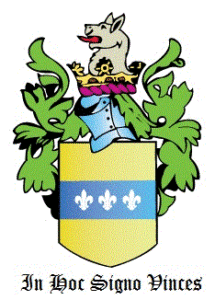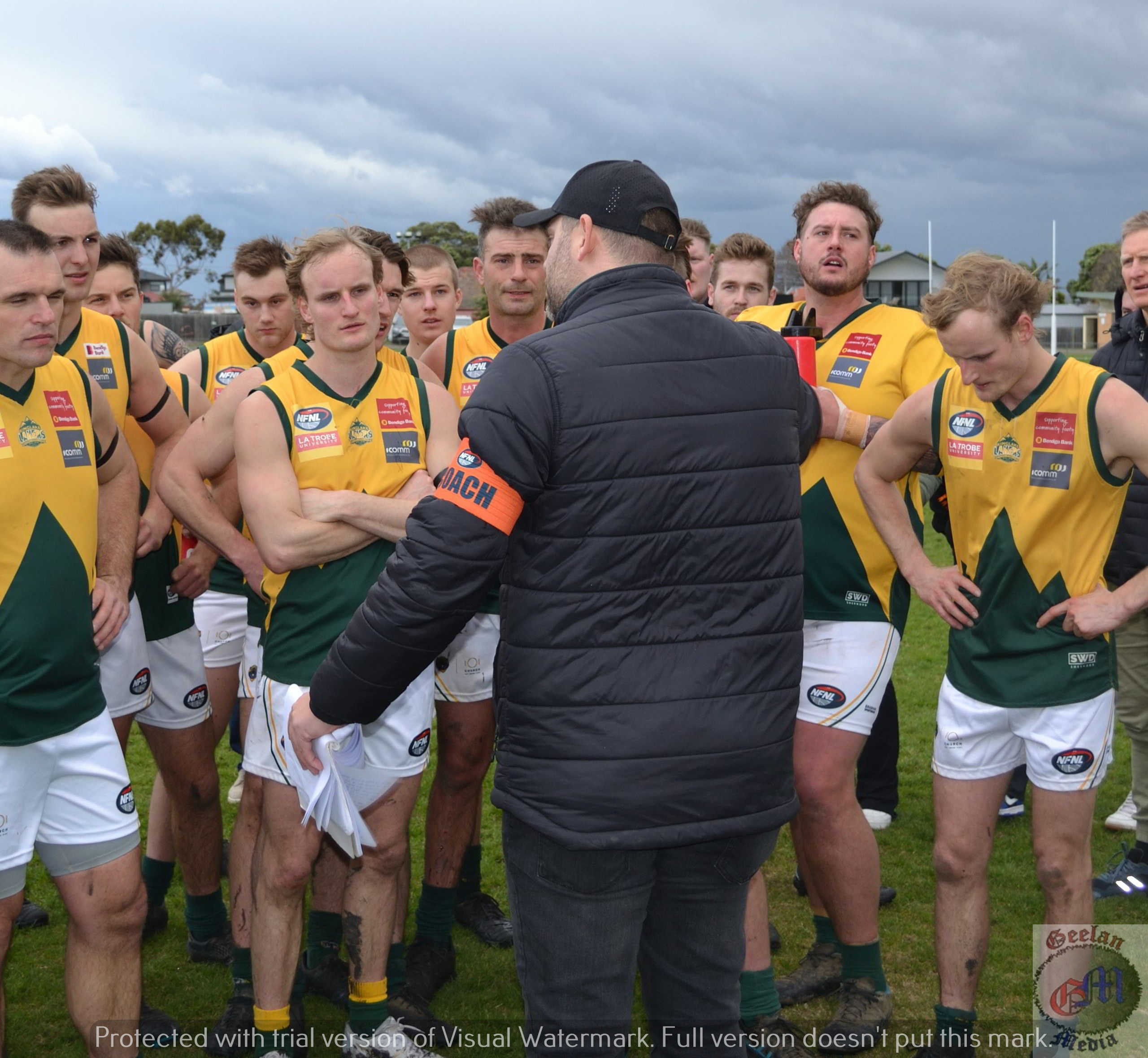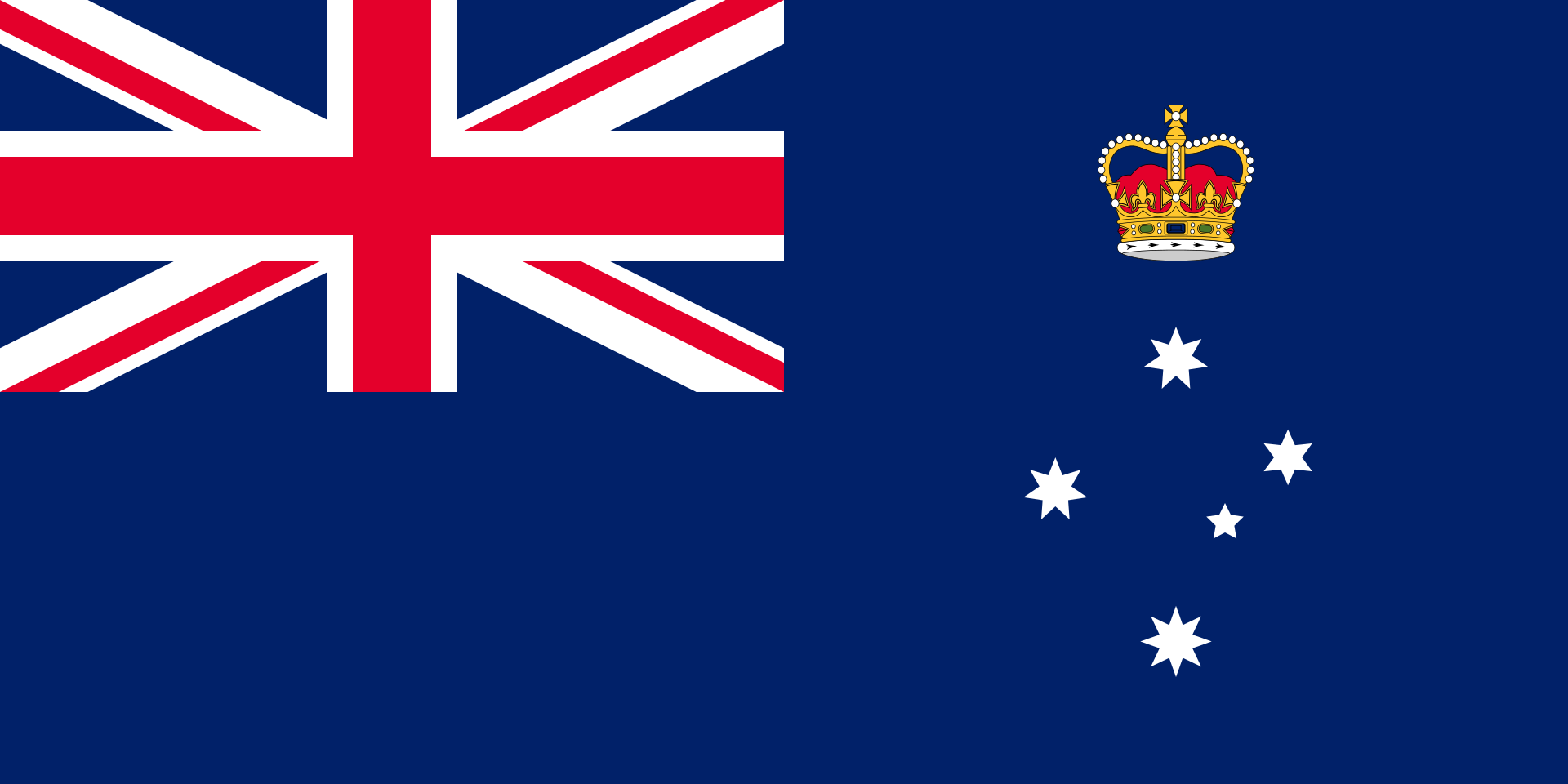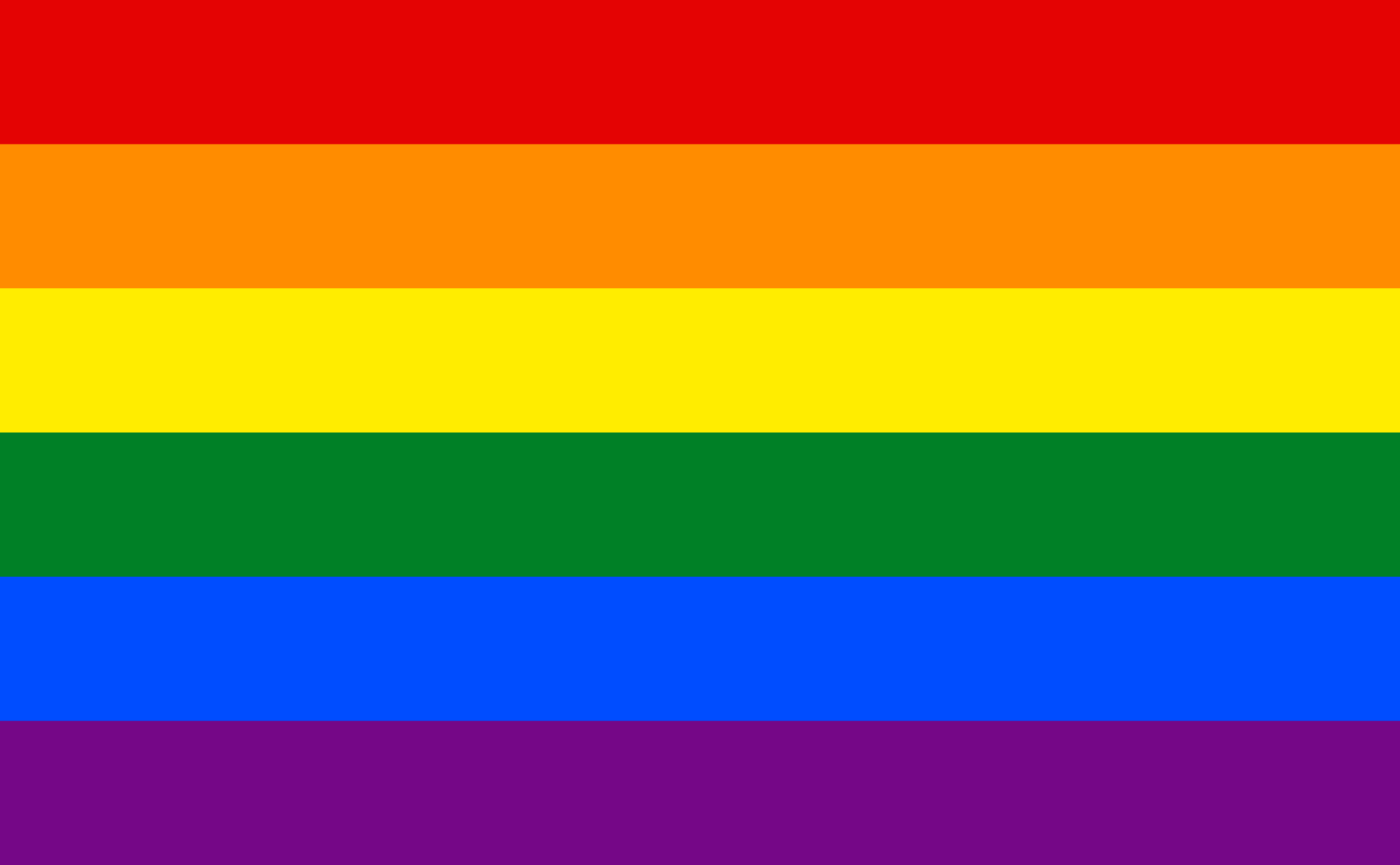All eyes are on Indi for the 2016 election as Jessiie Rees-Dielenberg and Mikaela Turner report for Swinburne University and The Junction.
Key Comments
One of Victoria’s largest electorates, in the state’s northeast, Indi has traditionally been held by conservative parties. But it gained national attention when Independent Cathy McGowan defeated prominent Liberal Sophie Mirabella after a grassroots campaign in 2013. Mirabella, the only Liberal to lose a seat, will recontest Indi.
Electorate Profile
For a full list of candidates please see ‘election at a glance’ and use the electorate search tool or click Indi.
The vast north-east Victorian electorate of Indi, held by conservative parties mostly since Federation, fell to an Independent when Cathy McGowan defeated high profile Liberal Sophie Mirabella after a locally run campaign in 2013.
The success of a grassroots campaign by regional voters disenchanted not just with issues such as infrastructure, transport and telecommunications but a sense that Mirabella, the only Liberal to lose a seat at the last election, was more interested in national concerns than representing them caught the public imagination.
As the long campaign ground on, tensions between Mirabella, who is recontesting the seat she won in 2001, and McGowan along with the emergence of National Party candidate Marty Corboy, kept the story alive in the media.
“Indi contest rescues voters from boredom,” said the headline to a Border Mail controversy over interest around Australia in a seat that covers almost 28,000 square km and takes in wine regions, extensive farmland and the snowfields of Mt Buller, Mt Hotham and Falls Creek, with Wangaratta, Wodonga and Benalla the main towns.
Roy Morgan Research has found “a tight battle” after surveys with nearly 600 Indi voters between October 2013 and March 2016 showed the Coalition (51 per cent) narrowly ahead of McGowan (49 per cent) on a two-party preferred basis and the gap slightly up since Malcolm Turnbull became Prime Minister.
The survey identified key issues of concern to voters in the electorate as living costs (38 per cent), health services and hospitals (24 per cent) and “open and honest government” (17.5 per cent). Executive chairman Gary Morgan said McGowan’s supporters mentioned the latter (23.5 per cent) more frequently and supporters of both were concerned about the ageing population (18.5 per cent).
If there were fears that a Coalition government might punish Indi for ousting a long-time Liberal, they seemed founded when Mirabella made an ill-judged comment early in the campaign that her loss had cost Wangaratta Hospital $10 million in funding that might have gone its way had she been elected.
But Cambell Klose, McGowan’s nephew and media advisor during her last campaign said since being elected in 2013, she had succeeded in procuring more funding for Indi, mainly for the eradication of the “black spot” surrounding poor phone connection, as well as “work on ailing [the] V/Line track”.
Swinburne University politics professor Brian Costar recently told UniPollWatch it would be interesting to know to what extent McGowan had managed to improve the electorate.
Professor Costar cited the comment in a recent article in The Australian that the Liberal Party has “basically written off Indi”.
“The way it is looking at the moment, she’s (Mirabella) not going to win,” he said. “They’re not making it a targeted seat. They reckon they can’t win it.”
The Guardian Australia reported early in the campaign that the Coalition had “cut loose” Mirabella and was supporting Nationals’ candidate Marty Corboy instead. The party, which last held the seat in 1977, can re-contest it because there is no sitting Liberal.
“The big question is who will vote for the National Party? Will the National candidate take further votes off Mirabella or will the National Party candidate take votes off McGowan?” Professor Costar said.
Professor Costar said he was not surprised by the 2013 outcome because McGowan’s social media presence showed her to be “a very professional independent”.
She has maintained a strong connection with the locals who campaigned for change. Campbell Klose said McGowan included the community in the political process and “brings locals up to Parliament so they can meet the Government and get a sense of what Parliament is like”.
Klose said Mirabella took the electorate for granted and that “the needs of her electorate often came second to the needs of the Liberal Party and her career”. Since her departure, the once safe Liberal seat was “now an engaged electorate” and Indi’s MP answered to a “strong, engaged (and) opinionated” community, Klose said.
“The people of Indi are claiming the power to be the architects and authors of our community’s future,” he said.
Local supporters calling themselves Voices for Indi take much of the credit for Mirabella’s defeat. “Their (Voices for Indi) goal was to begin a conversation that had not been taking place in Indi for a very long time – a conversation about needs, values and political leadership,” Klose said.
Voices for Indi president Alana Johnson told UniPollWatch McGowan was “really the outcome and the manifestation of a community political movement”.
David Donovan, the editor of IndependentAustralia.net, an online journal focusing on politics, said the major parties could learn from the Independent’s supporters’ use of social media, with traditional methods of campaigning, and that they should not “take local voters, even in blue ribbon seats, for granted”.
Facebook and Twitter proved to be especially useful to the independent’s campaign. Volunteers were taught how to use social media platforms specifically as a campaign tool. On election night in September 2013, the hashtag #indivotes, used locally throughout the campaign, was trending nationally on Twitter.
By prioritising local issues, McGowan and her team were able to reach people from all demographics; over $117,000 was raised through online funding, Mr Klose said.
Indi, named after the aboriginal name for the Murray River, was last won by a Labor candidate in 1928. It has been represented by prominent Australians including Indi the first Australian-born Governor-General, Sir Isaac Isaacs, and John “Black Jack” McEwen, who was briefly Prime Minister after Harold Holt’s death in 1967.
The last Labor MP, Paul Jones, was elected in 1928 unchallenged after the sitting Country Party MP Robert Cook failed to lodge his nomination papers. Jones was re-elected, but the seat reverted to the conservative parties in 1931 and was then held by the United Australia Party, the Country Party, and continuously held by the Liberal Party from 1977
Mirabella’s defeat in 2013 broke this 36-year Liberal Party hold on Indi.
Roy Morgan Research has found “a tight battle” after surveys with nearly 600 Indi voters between October 2013 and March 2016 showed the Coalition (51 per cent) narrowly ahead of McGowan (49 per cent) on a two-party preferred basis and the gap slightly up since Malcolm Turnbull became Prime Minister.
The survey identified key issues of concern to voters in the electorate as living costs (38 per cent), health services and hospitals (24 per cent) and “open and honest government” (17.5 per cent). Executive chairman Gary Morgan said McGowan’s supporters mentioned the latter (23.5 per cent) more frequently and supporters of both were concerned about the ageing population (18.5 per cent).
2013 Election Results
| Candidate | Party | Votes | % | Swing(%) |
|---|---|---|---|---|
| DUDLEY, Robert | Rise Up Australia Party | 985 | 1.11 | +1.11 |
| McGOWAN, CathyElected | Independent | 27763 | 31.18 | +31.18 |
| LEEWORTHY, Rick | Family First Party | 1330 | 1.49 | -2.24 |
| MIRABELLA, Sophie | Liberal | 39785 | 44.68 | -7.17 |
| ASCHENBRENNER, Helma | Sex Party | 1402 | 1.57 | +1.57 |
| HAYES, William | Bullet Train For Australia | 489 | 0.55 | +0.55 |
| WALSH, Robyn | Australian Labor Party | 10375 | 11.65 | -16.54 |
| O’CONNOR, Jenny | The Greens | 3041 | 3.42 | -6.21 |
| ROURKE, Phil | Katter’s Australian Party | 615 | 0.69 | +0.69 |
| MURPHY, Robert Denis | Palmer United Party | 2417 | 2.71 | +2.71 |
| PODESTA, Jennifer | Independent | 841 | 0.94 | +0.94 |
| …… | Australian Democrats | 0 | 0 | -1.02 |
| …… | Liberal Democratic Party | 0 | 0 | -0.13 |
| …… | Secular Party of Australia | 0 | 0 | -0.06 |
| …… | Other | 0 | 0 | -5.39 |
























